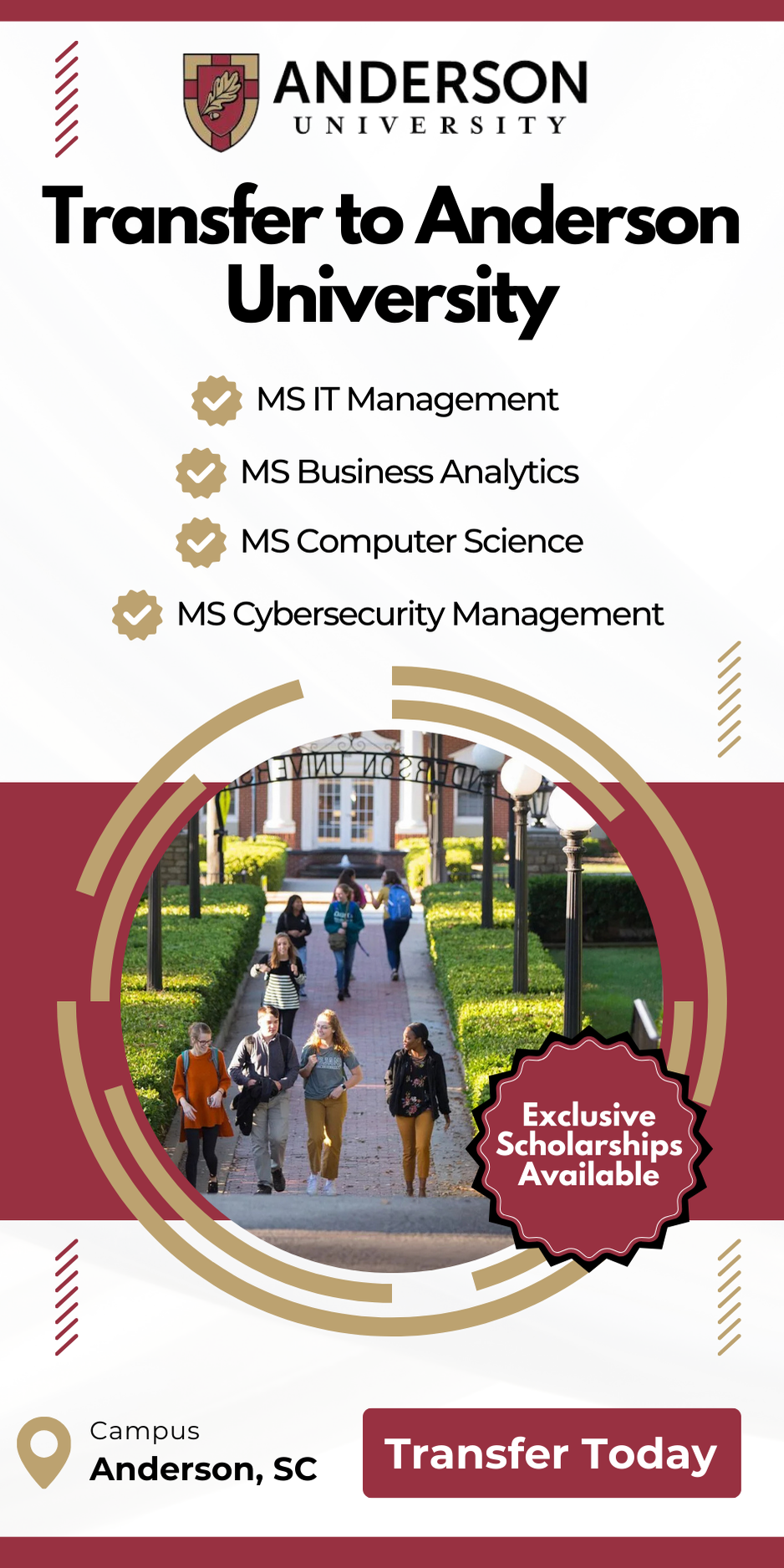Overview
The H-1B visa program is critical for U.S. employers to hire foreign professionals in specialty occupations. As the Fiscal Year (FY) 2025 H-1B lottery season approaches, understanding the process, timelines, and recent developments is essential for prospective applicants and employers.
Understanding the H-1B Lottery Process
The H-1B visa program has an annual cap of 85,000 visas, divided into:
- Regular Cap: 65,000 visas for qualified applicants.
- Master’s Cap: An additional 20,000 visas for applicants holding a master’s degree or higher from U.S. institutions.
Due to high demand, the USCIS implemented a lottery system to allocate these visas fairly.
Key Steps in the H-1B Lottery Process
- Electronic Registration: Employers must submit an online registration for each prospective H-1B candidate during the designated period. For FY 2025, this period is anticipated to open at noon Eastern Time on March 7, 2025, and close at noon Eastern Time on March 24, 2025.
- Selection Notification: If registrations exceed the annual cap, USCIS conducts a random lottery and notifies selected registrants.
- Petition Filing: Employers file complete H-1B petitions for selected beneficiaries within the specified filing period.
- Approval and Employment: Upon petition approval, beneficiaries can commence employment starting October 1, 2025, at the beginning of FY 2026.
Recent Developments and Considerations
- Increased Registration Fee: The registration fee for this year’s H-1B lottery has increased from $10 to $215 per beneficiary.
- Beneficiary-Centric Selection Process: USCIS has implemented a beneficiary-centric selection process to prevent multiple registrations for the same individual by different employers.
- Fraud Prevention Measures: USCIS has introduced measures to prevent fraud and abuse in the registration process, including a beneficiary-specific selection process to prevent multiple registrations for the same individual by different employers.
Recommendations for Prospective Applicants
- Stay Informed: Regularly check the USCIS website and other reputable sources for updates on the H-1B process.
- Consult Professionals: To navigate the complexities of the H-1B process, seek guidance from immigration attorneys or experienced professionals.
- Prepare Early: Gather necessary documentation and ensure eligibility before registration begins.
People Also Ask (PAA)
- What is the H-1B visa cap for 2025?
The H-1B visa cap for FY 2025 is 65,000 for the regular cap, with an additional 20,000 visas for applicants holding advanced degrees from U.S. institutions. - When does the H-1B registration period open for 2025?
The registration period for FY 2025 is expected to open on March 7, 2025, and close on March 24, 2025. - How does the H-1B lottery process work?
If USCIS receives more registrations than the available cap, a random lottery is conducted to select beneficiaries. - Can F-1 students apply for H-1B visas?
Yes, F-1 students can apply for H-1B visas, often transitioning from OPT to H-1B status. - What is premium processing for H-1B petitions?
Premium processing is an optional service that expedites processing H-1B petitions for an additional fee. - Are there exemptions to the H-1B cap?
Certain employers, such as higher education institutions and nonprofit research organizations, are exempt from the H-1B cap. - What happens if my H-1B petition is denied?
If your petition is denied, your employer may file a motion to reopen or reconsider the case, or you may explore alternative visa options. - Can I transfer my H-1B visa to another employer?
Yes, H-1B visa holders can transfer their visa sponsorship to another employer by filing a new petition. - How long can I stay in the U.S. on an H-1B visa?
The standard duration of an H-1B visa is three years, with the possibility of a three-year extension (totaling six years). - What is the ‘cap-gap’ extension?
The ‘cap-gap’ extension allows F-1 students on OPT to continue working if their OPT expires before their H-1B status begins on October 1.
Understanding the intricacies of the H-1B lottery process is crucial for international students and professionals aspiring to work in the U.S. By staying informed and proactive, applicants can enhance their prospects of securing an H-1B visa.
Conclusion
The H-1B lottery season for FY 2025 remains highly competitive, with thousands of highly skilled professionals vying for a limited number of visas. As USCIS continues to refine the lottery process with new fraud prevention measures and a beneficiary-centric selection approach, employers and applicants must stay informed, prepare early, and ensure compliance with all regulatory requirements.
To maximize your chances of selection in the H-1B lottery, make sure to:
✅ Submit accurate registrations and avoid duplicate filings.
✅ Work with immigration attorneys or experts to ensure eligibility and documentation compliance.
✅ Explore alternative visa options, such as O-1, L-1, or TN visas, if not selected in the lottery.
✅ Stay updated on USCIS announcements regarding the lottery process, registration fees, and policy changes.
With evolving policies under the Trump administration, proactive planning is crucial for those seeking to work in the U.S. under the H-1B visa.
For the latest updates, expert guidance, and resources on H-1B visas, CPT, OPT, and U.S. immigration policies, visit cpthunt.org—your trusted source for navigating the U.S. work visa landscape!

